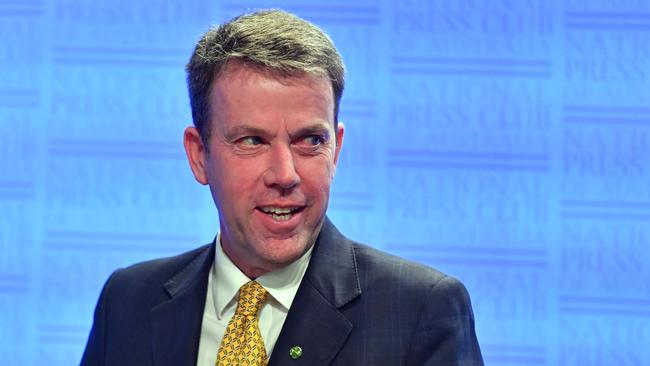Regional Queensland university graduates more likely to get a job
New data shows where Queensland’s university graduates in maths, science and engineering are getting jobs — and earning more. Where they studied may come as a shock.

QLD News
Don't miss out on the headlines from QLD News. Followed categories will be added to My News.
STUDENTS who head to regional Queensland to study mathematics, science and engineers are more likely to get jobs and get paid more than their peers across the country.
Regional universities are hoping cuts to proposed price cuts to those courses, combined with lifestyle and affordability, will drive more young people to study outside the capital cities.
Almost 85 per cent of science, maths and engineering students who graduated from a regional Queensland in 2016 had a full-time job last year and were earning $67,800 a year, Education Department data reveals.
Fees as low as $1250 for short university courses
University of Queensland labels fee hikes “very disappointing”
Plans to double arts degrees blasted as ‘incredibly shortsighted’

It compares to the nationwide average of just 75 per cent in full-time employment, with regional Queensland students taking home $5000 more a year than the national average.
It comes as the Federal Government defends its plans to slash prices for STEM university courses, as well as others including nursing, education and health, while doubling the cost of humanities degrees.
Regional Universities Network executive director Caroline Perkins said there were a range of reasons which contributed to the jobs and wage outcome.
“Students in regional areas are likely to do practical courses that will end up in employment,” she said.
“They’re studying nursing, allied health, teaching, agriculture, education, engineering, all the things that contribute to a diverse regional economy.”
She said there was also a greater proportion of mature-aged students, who had experience and often prior qualifications.
Education Minister Dan Tehan said the proposed university reforms also involved providing 100,000 additional places, including in regional areas.
“Our plan includes a strong focus on improving opportunities for students in regional and rural Australia and more support for universities in regional areas; because where you live shouldn’t determine your opportunities in life,” he said. Opposition education spokeswoman Tanya Plibersek described the changes as “a dog’s breakfast”. “What it does is make it harder to get a place at university and more expensive if you do,” she said.
Under the proposed university fee reforms a maths or agriculture degree will fall from $9698 to $3700 per year.
While teaching, clinical psychology and nursing degrees will fall 46 per cent to $3700. However humanities, communications, culture and behavioural science courses will increase 113 per cent to $14,500 each year.
